Now we’ve officially hit winter, it’s time to think about what you can do to protect yourself from winter illnesses.
First and foremost for me is getting a flu vaccine. I’ve had the vaccine every year for about the last thirty years and I lined up to have one as early as I could this year. And this is not only because I’m a pharmacist and frequently exposed to people with the flu, but also because of the below reasons.
A key message in this year’s National Influenza Campaign is: “Influenza can be anywhere. Contact with the influenza virus is almost unavoidable, and while contact does not necessarily mean infection, it does mean that you are never far from the possibility of catching influenza.”
Being fit and healthy won’t stop anyone from getting the virus and getting it can have a serious impact on your life.
As a general guide, we say that the flu can keep you in bed for at least a week meaning you can’t or shouldn’t leave home to go to work or school, play sport, go shopping, socialise or do anything else! For some people flu can be more serious meaning they end up in hospital.
So it is for these reasons that it makes good sense to me to try and avoid the flu.
Who’s most at risk
Almost everyone can benefit from having the flu vaccine and there are some groups of people who are more at risk than others:
- pregnant women (any trimester)
- people with an ongoing medical condition like asthma, diabetes, or a heart or lung condition
- people aged 65 years or over
For some people in these groups, the vaccine may be free.
Pregnant women are a special group who should think about the vaccine
The World Health Organisation recommends that pregnant women be a priority group for being vaccinated. Pregnant women with influenza are nearly 5 times more likely to be admitted to hospital than women who are not pregnant. Immunising a pregnant woman offers protection both to the mother and to her baby – the baby is protected both during the pregnancy and after it is born.
Flu Myths
- There are a few myths that exist about the flu vaccine – perhaps the most common one being that you can get the flu from the vaccine. That’s simply not possible as the vaccine doesn’t contain any live viruses. Some people may experience a reaction to the vaccine whereby they experience symptoms similar to the flu. This can be because their body produces an immune response but it’s not the flu.
- Another myth is that you don’t need to have the vaccine every year. In reality a flu vaccine is needed every season for two reasons. Firstly because after you’ve had a vaccine your body produces antibodies to protect you from the viruses and these antibody levels decline over time, so an annual vaccine is needed for optimal protection. Secondly, flu viruses are constantly changing and new vaccines are made each year to keep up with the rapidly changing viruses. Last year’s vaccine may not provide protection from this year’s viruses – annual vaccination provides the best protection.
- Some people think they don’t need a flu vaccine because they ‘never’ get the flu. Some studies suggest that the flu strikes adults in 6 to 8 year cycles i.e. if you haven’t had the flu for 6 to 8 years then your chances of getting it may be increasing each year!
Benefits of Flu Vaccine
For me being immunised also means I lessen the chance of passing the virus on to my family, friends and colleagues. And as you might guess, my husband and daughter also have the vaccine every year. It’s a fact that healthy immunised working adults experience significantly fewer days off work and have fewer doctor visits. And our daughter has had the vaccine for the last few years – firstly when she was at secondary school and now as a university student. Again statistics show that the flu spreads easily through young people in schools, flats, halls of residences and up to 1 in 5 students get flu every year.
After having the vaccine it takes up to 2 weeks to develop immunity to the flu – hence my enthusiasm to get in early so I can be protected as soon as possible. Getting vaccinated each year as early as possible before winter hits gives the best protection.
For more information about the flu vaccine talk to your pharmacist or doctor and/or visit
Other ways to boost your immune system
If you’re after other ways to boost your immune system, there’s a long list of vitamins, minerals, herbs and other substances used by people all over the world.
Vitamin C, garlic, echinacea, olive leaf, green tea and zinc are some of the more commonly used substances and come in a wide range of products. While the scientific jury is still out on the exact role of these supplements, there is some evidence that they help prevent colds and flu and/or shorten the severity and duration of symptoms, especially if taken in the early stages of an illness.
If you’re after personal advice about what you can to do lessen the likelihood of getting sick this winter or reduce the impact of a cold if you catch one, talking to your pharmacist is a good place to start!
And of course, all of these ideas work best while following general good-health guidelines about food, exercise, sleep, stress management etc. to keep your immune system strong and healthy.
Written by: Jenny Cade
This blog provides general information and discussion about medicine, health and related subjects. The information contained in the blog and in any linked materials, are not intended nor implied to be a substitute for professional medical advice.






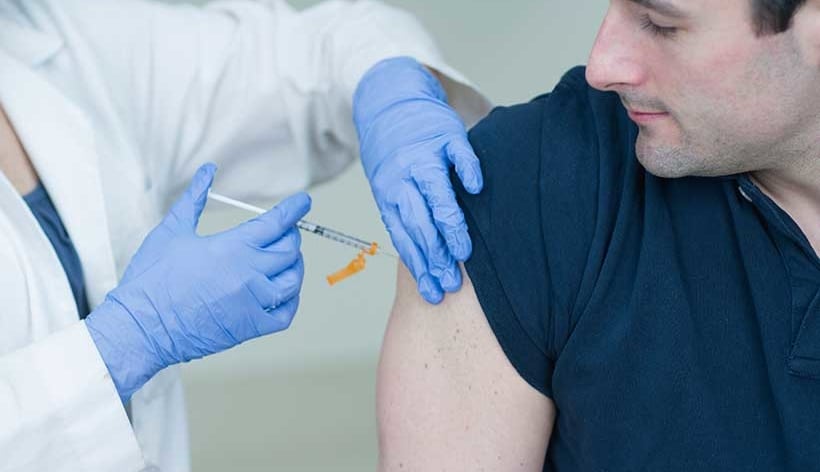
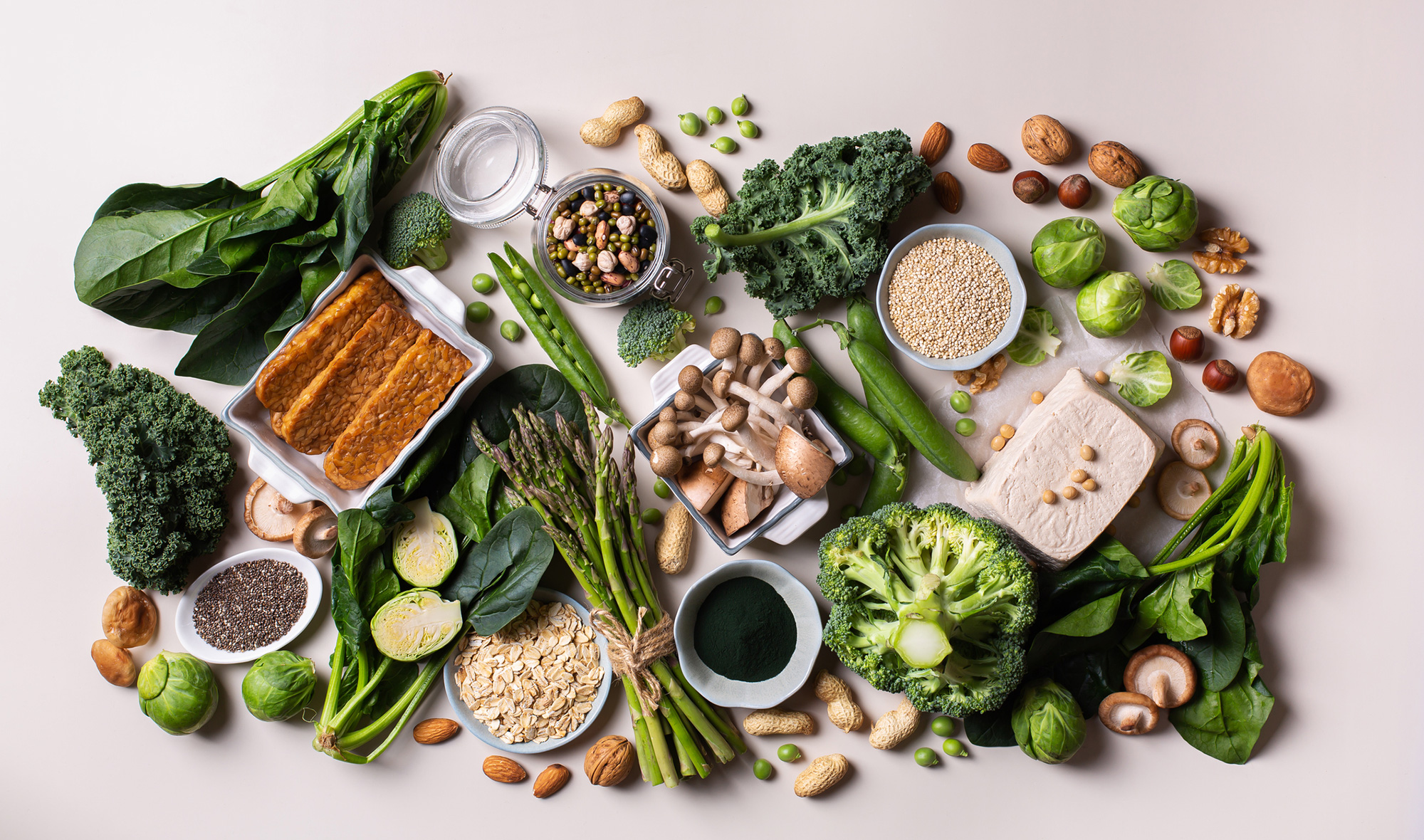

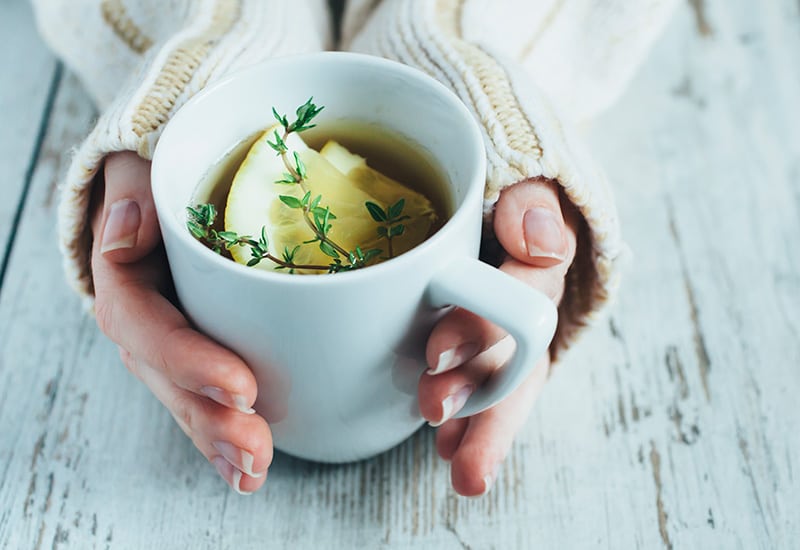
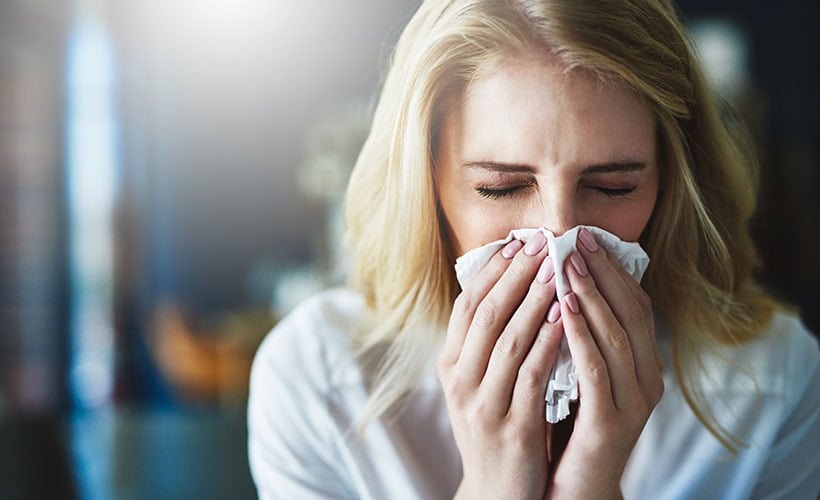


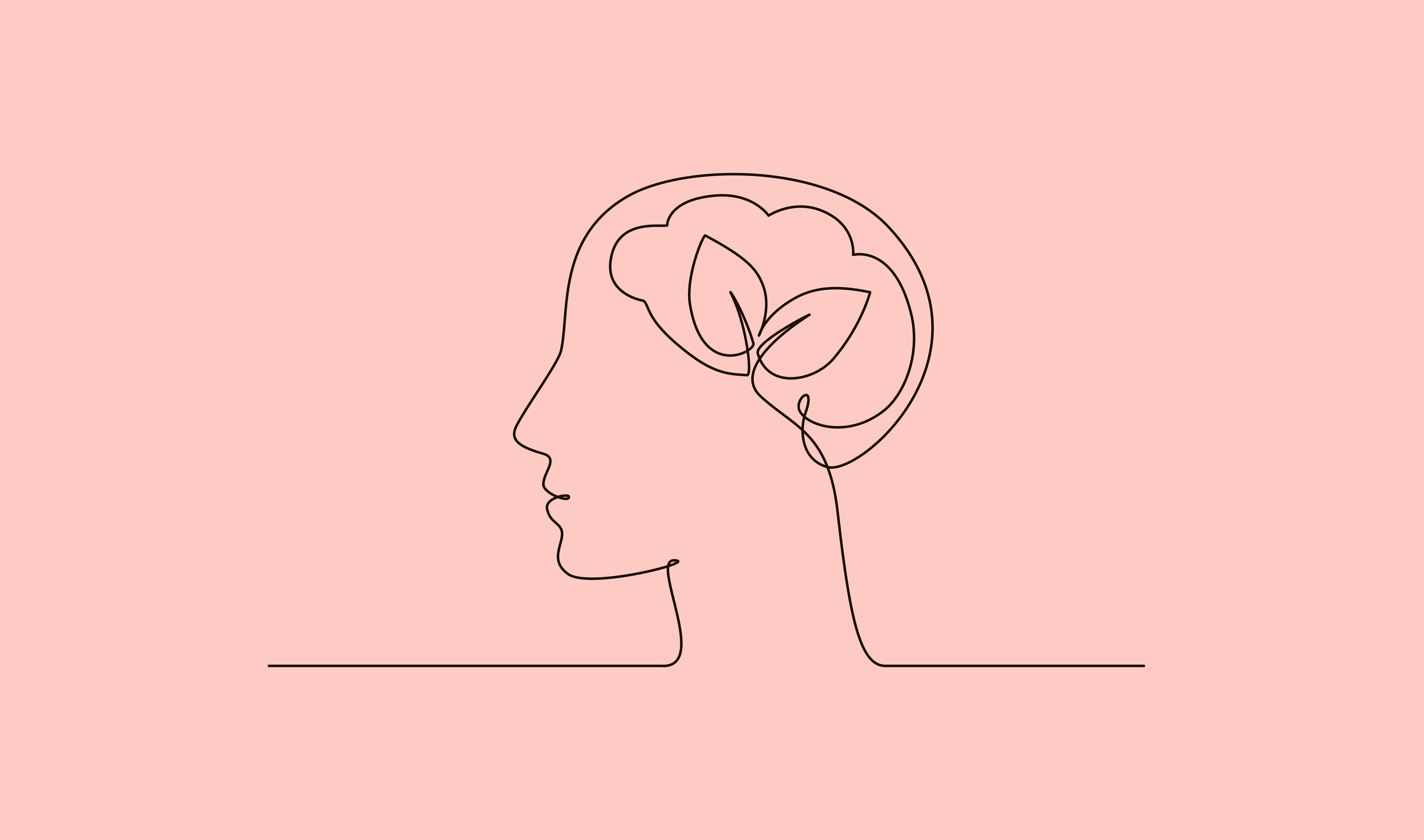



Community